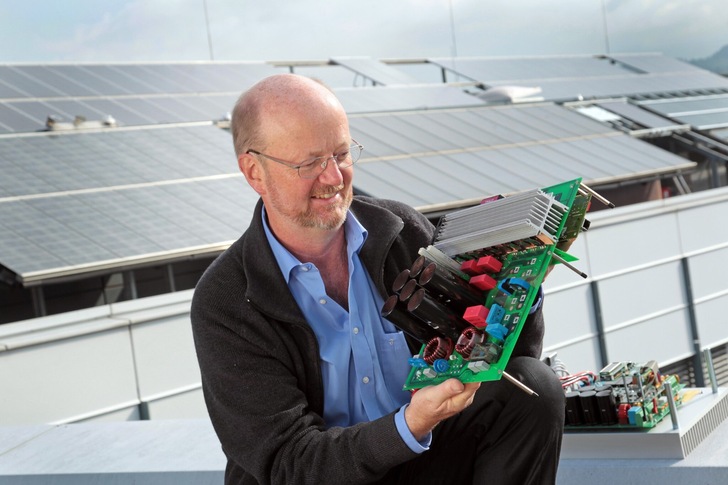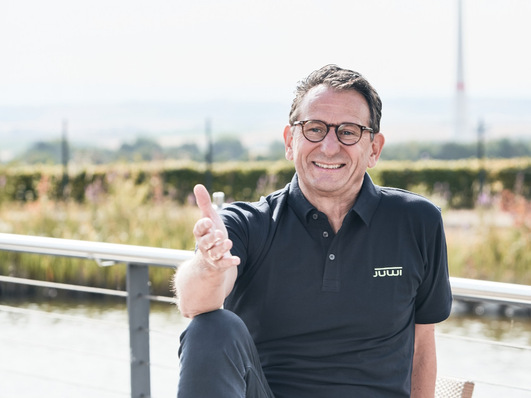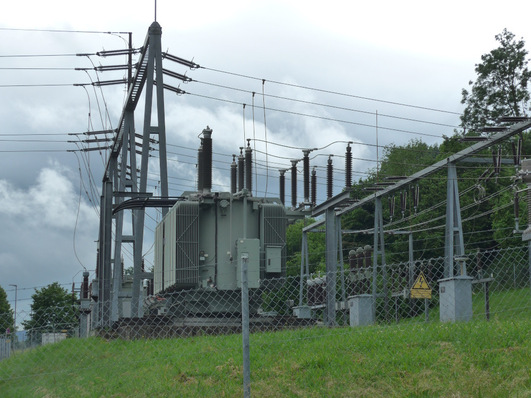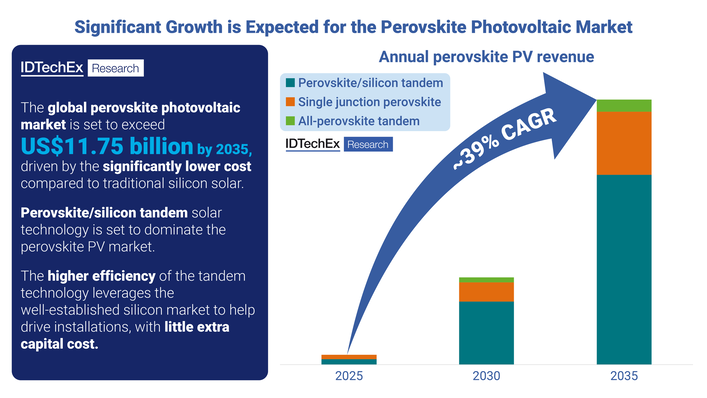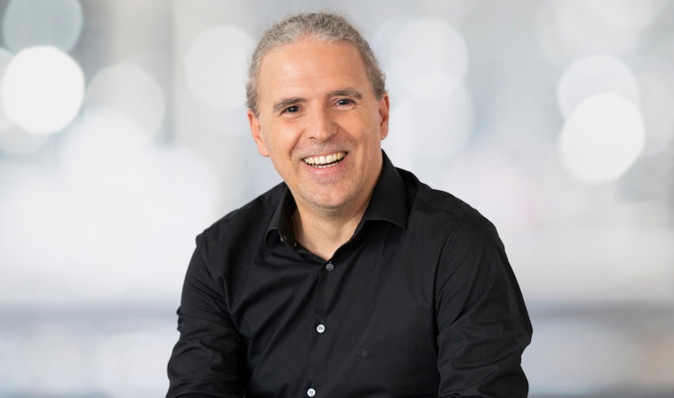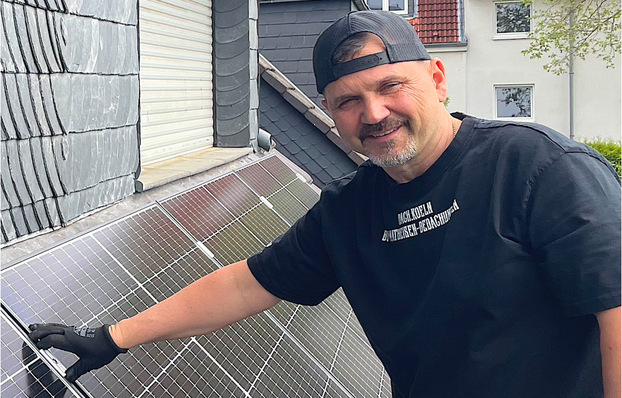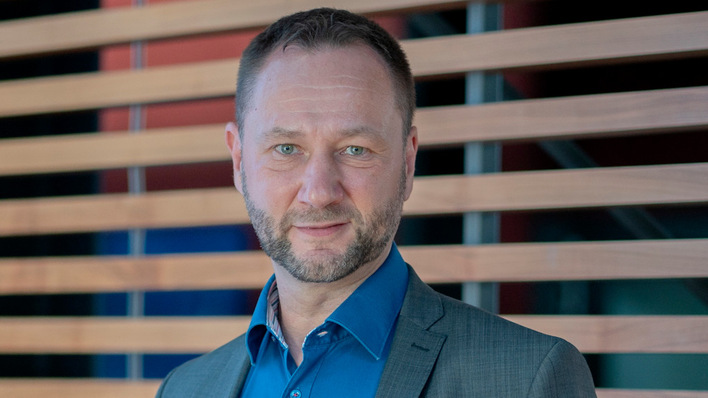The HERIC (Highly Efficient and Reliable Inverter Concept) circuit and the associated process are used in single-phase inverters, especially in the lower power range (e.g. for rooftop PV systems). With little extra effort, the topology developed by Heribert Schmidt and colleagues from Fraunhofer ISE enables very high efficiencies of up to 99 per cent. At the same time emitted interferences are kept low. Besides the advantage of a higher energy yield, the topology reduces the thermal stress of the components, allows for smaller heat sinks and a longer service life.
See also: Asca acquires IP for printed organic photovoltaics
It is estimated that over 80 per cent of all single-phase inverters worldwide are based on the HERIC topology. A large number of manufacturers have used the circuitry or the process in its original form or in modified versions that nevertheless infringe the patent without the consent of the Fraunhofer Gesellschaft. The latter was confirmed by the Munich Regional Court.
Out-of-court settlement avoids sales ban
"The infringement of IP rights of the Fraunhofer-Gesellschaft is therefore not worthwhile for infringers. IP from Germany is in many products of the photovoltaic industry, and not infrequently the patents on them are infringed. We are prepared to take action against patent infringements," explains Andreas Bett, Institute Director of Fraunhofer ISE.
Also interesting: Fraunhofer ISE develops highly compact inverter for medium-voltage grids
The undisclosed companies headquartered in China, Taiwan and Germany had used the HERIC topology, which is protected by patents in Europe and the US, without the consent of the Fraunhofer Gesellschaft. Out-of-court settlements were reached with all of the companies, which included a licensing agreement involving the payment of royalties for using the HERIC topology. The settlements enabled the companies to avert a threatened ban on the sale of their products.
Seeking license would have been better option
The Fraunhofer Gesellschaft attaches great importance to the observance of its IP rights and is also prepared to enforce them in court. The Fraunhofer Gesellschaft also considers itself obligated to do so vis-à-vis its bona fide licensees. As the infringement proceedings have shown, it would also have been economically worthwhile for the companies concerned to seek a license at an early stage. (mfo)


